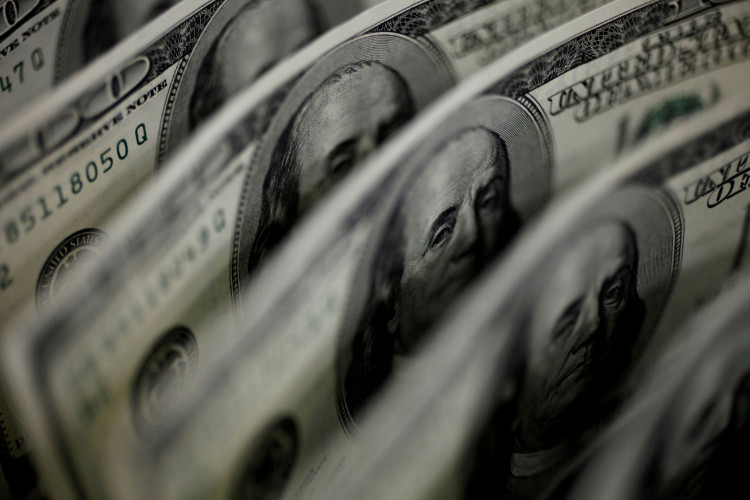The U.S. dollar has been on a remarkable journey, marking its ninth consecutive week of gains since July, a trend that has caught the attention of market watchers and investors alike. This consistent upward trajectory has implications not only for the U.S. economy but also for international markets and companies with global exposure.
According to a report by Yahoo Finance, the dollar's rally has been closely monitored by traders, especially in light of its potential impact on internationally exposed companies and other major currencies, notably the Japanese yen. Ines Ferre, a Markets Reporter for Yahoo Finance, delved into the nuances of the dollar's ascent, highlighting the factors that have contributed to its strength and the broader implications for the global financial landscape.
One of the key drivers behind the dollar's rally is the anticipation surrounding the U.S. Federal Reserve's stance on interest rates. As the market awaits the Fed's decision, many believe that the central bank will maintain its data-dependent approach, offering few surprises. This sentiment was echoed by Hashnote CEO Leo Mizuhara, who opined that the upcoming interest rate decision would likely be "fairly boring," suggesting that major shifts or shocks are not on the horizon.
However, the strength of the dollar has broader ramifications. A robust dollar can pose challenges for U.S. exporters as it makes American goods more expensive for foreign buyers. Conversely, it can benefit U.S. consumers by making imported goods cheaper. Moreover, the dollar's strength or weakness can influence commodity prices, especially oil, which is typically priced in dollars.
The Japanese yen, a currency often viewed as a safe-haven asset, has been particularly affected by the dollar's rally. The dynamics between the dollar and yen are complex, influenced by a myriad of factors ranging from interest rate differentials to geopolitical tensions.
While the dollar's rally is noteworthy, it's essential to view it in the context of global economic trends and policy decisions. Central banks worldwide are grappling with the challenges of inflation, economic recovery, and the lingering effects of the pandemic. Their policy decisions, in turn, influence currency movements and trade dynamics.
The U.S. dollar's consistent gains over the past nine weeks underscore its pivotal role in the global financial system. As market participants await the Federal Reserve's next moves and assess the broader economic landscape, the dollar will undoubtedly remain a focal point of discussions and analyses.






